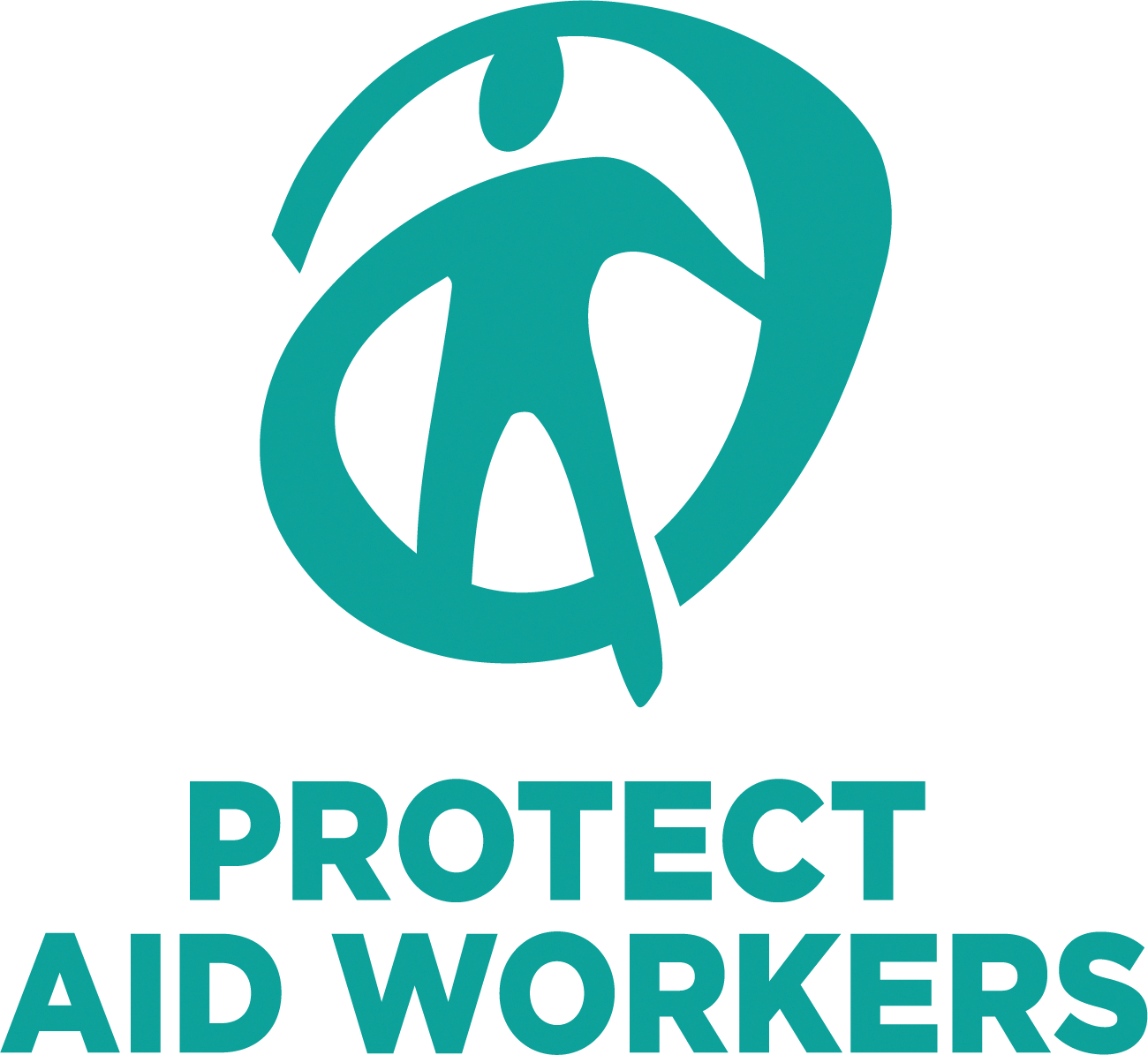This report was written collectively by Médecins du Monde, Handicap International and Action Against Hunger.
A few key points from the Report on “Advancing the protection of humanitarian and health workers” (document link here) :
The Importance of Protection in Conflict Zones
The protection of humanitarian and health workers is an increasingly critical issue, particularly in conflict zones where they face heightened risks. Addressing this is vital for ensuring the continuous provision of lifesaving assistance. In light of ongoing violence, better protection mechanisms are urgently needed. This report explores the necessary steps and strategies to enhance the security and protection of these workers in conflict areas.
Key Challenges in Ensuring Protection
According to the report, attacks on healthcare workers and facilities have risen significantly in conflict zones, posing serious threats to their safety. To enhance protection, international and local organizations must address three priority challenges:
- Improving Security Risk Management Mechanisms
Establishing robust security risk management (SRM) is essential. This includes adequate funding and systematic approaches to protect both international and local humanitarian staff. However, disparities in access to SRM between international NGOs (INGOs) and local actors persist. By ensuring all NGOs have equal access to security funding and training, the protection of workers can be strengthened. - Enhanced Data Collection and Sharing
Reliable data on violence against health workers is crucial for assessing risks and adapting security strategies. A coordinated approach, integrating data from all stakeholders, will significantly enhance protection efforts. Encouraging NGOs to include local partners in data collection can also improve local security measures. - Preserving Humanitarian Space
Protecting humanitarian workers also means protecting the space in which they operate. Reducing the politicization of aid and enhancing compliance with International Humanitarian Law (IHL) are essential for safeguarding humanitarian operations and the safety of workers.
Why Global Action Is Necessary
As highlighted in the report, 90% of the victims of attacks are local staff, underscoring the urgent need to prioritize the protection of national workers. International bodies, governments, and NGOs must work together to ensure proper security for these individuals, who bear the brunt of risks in conflict zones.
Collective Efforts Toward Better Protection
Protection is not just a legal obligation; it is necessary for the survival of humanitarian and health workers in conflict zones. The SHCC report offers a clear roadmap for reinforcing protection mechanisms. Global cooperation is essential to advancing the protection of these workers and ensuring access to medical care in dangerous areas.
